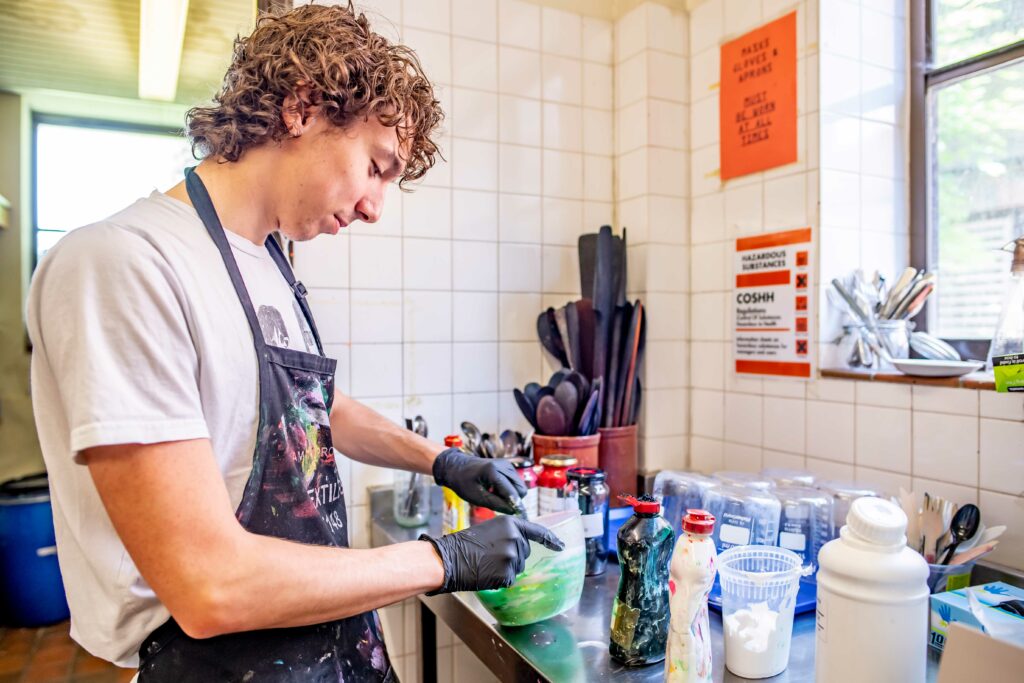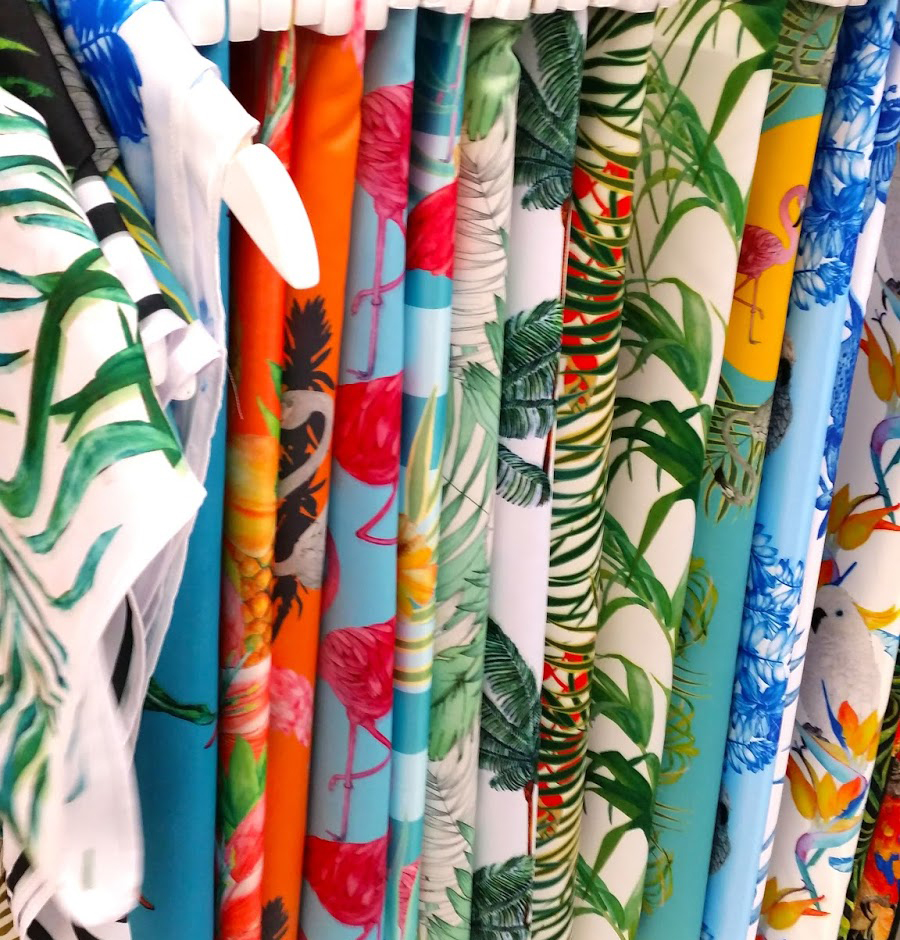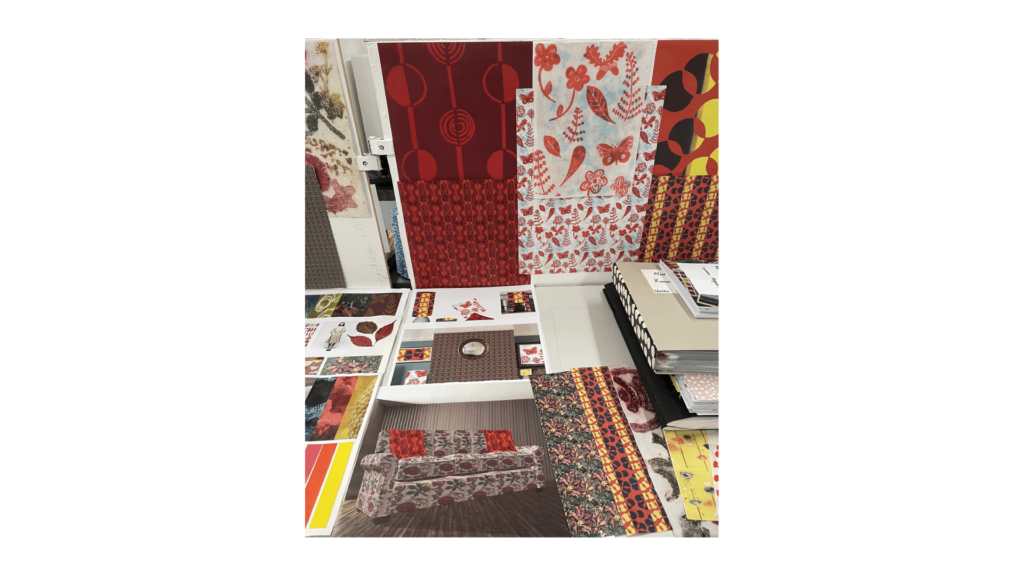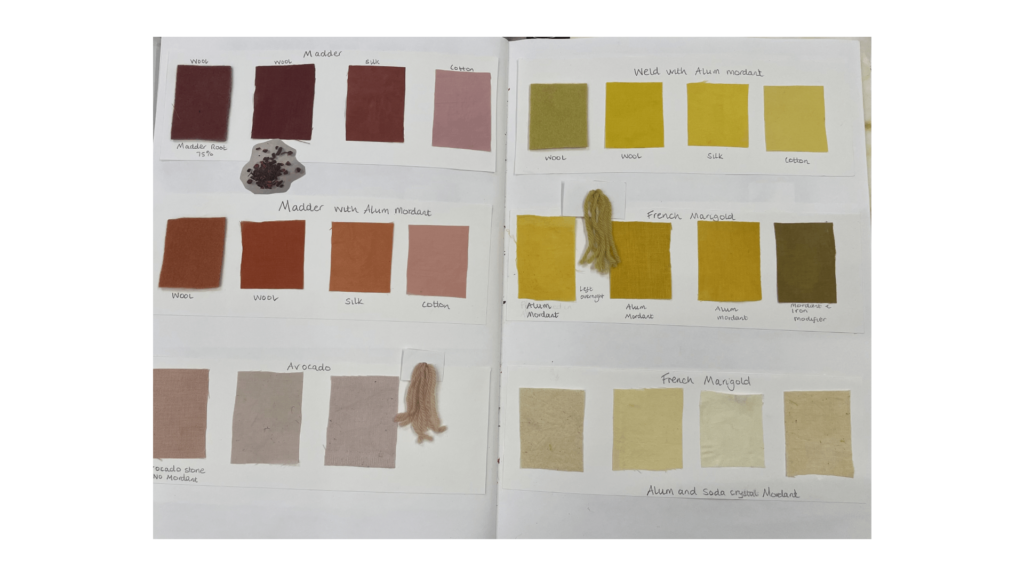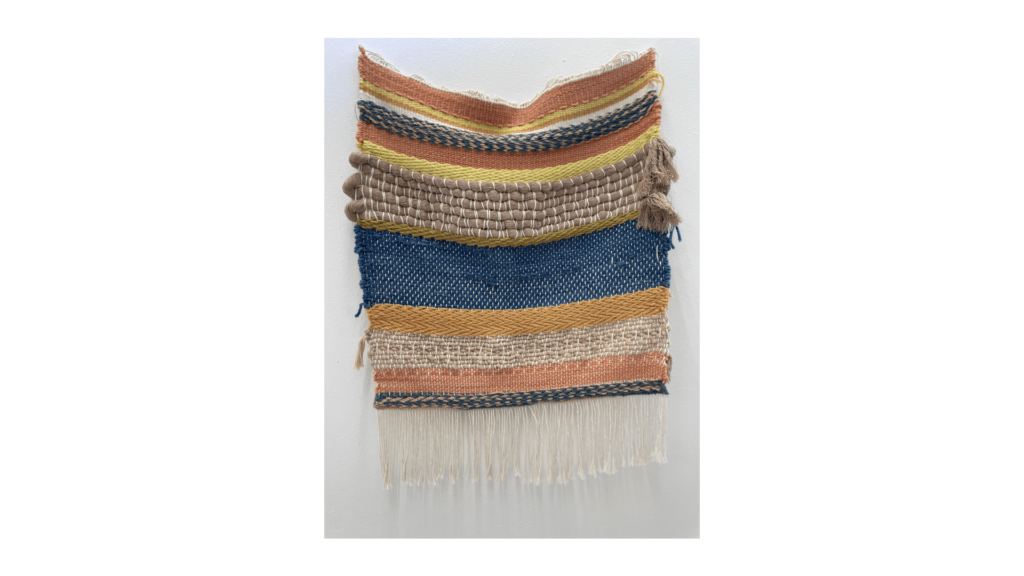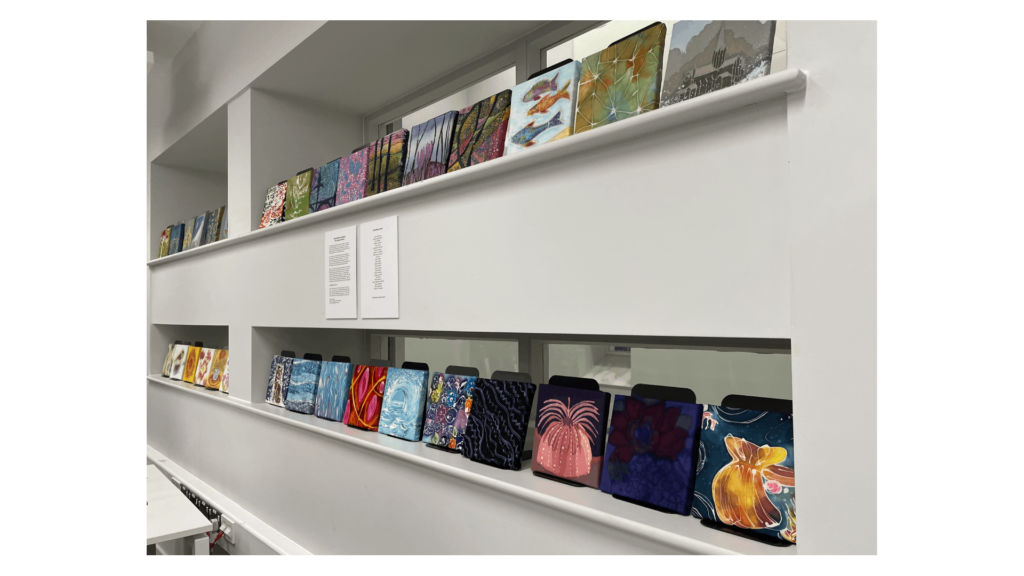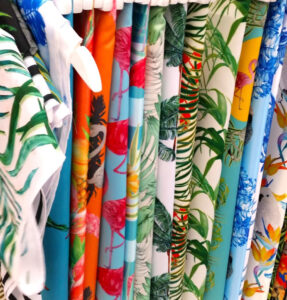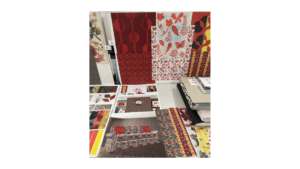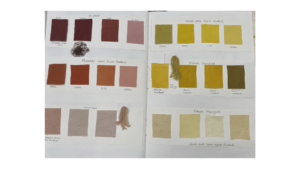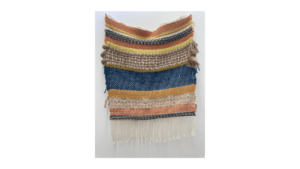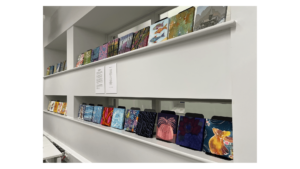This course has been devised in response to industry and student-led demand for practical training in makeup and hairdressing techniques for theatre, film, TV, fashion, festival, carnival and entertainment arenas.

COURSE OVERVIEW
UCAS Code: W231
BA (Hons) Textiles for Art, Fashion & Interiors (Part-Time)
Unlock your creative potential with our part-time Textiles degree, designed to nurture independent designers across art, fashion, and interiors. Delivered over five years, this flexible programme combines conceptual enquiry, technical skill development, and industry engagement, allowing you to develop a distinctive creative identity while balancing study with other commitments.
In the early years, you will build a strong foundation in textile design, exploring printed and dyed textiles, stitch and fabric manipulation, traditional and digital printmaking, and creative IT. You will be encouraged to experiment with materials and techniques while engaging with contemporary issues such as sustainability, ethics, and industry trends.
As the course progresses, you will develop design solutions for a range of markets, including fashion, interiors, art and craft, stationery, and giftware. Industry briefs, competitions, and work placement opportunities provide professional insight, and in the later years, you will undertake a Final Major Project, refining your specialist practice and creating a professional portfolio to launch your career.
You will have access to excellent facilities, including traditional and digital print studios, sewing workshops, pattern cutting tables, 3D craft spaces, laser cutting, and photography studios. Personal studio space, flexible working areas, and technical support allow you to develop your practice independently and collaboratively.
Key features of the course include:
-
Flexible part-time study over five years, ideal for balancing other commitments.
-
Opportunities to tailor your degree for art, fashion, or interiors.
-
Work on live industry briefs, competitions, and placements to gain professional experience.
-
Development of creative, technical, and problem-solving skills with expert support.
-
Collaboration with peers across creative disciplines to mirror professional practice.
Modules Overview: Part-Time
Year One:
- Textile Techniques & Processes (20 Credits)
- Research and Design for Textiles (20 Credits)
- Cultural & Contextual Studies (20 Credits)
- 2D & 3D Textiles (20 Credits)
Year Two:
- Industry Design Practice (20 Credits)
- Ethical & Sustainable Textile Design (20 Credits)
- Industry Link and Competition Project (40 Credits)
Year Three:
- Advanced Cultural & Contextual Studies (20 Credits)
- USP Self Branding and Work Placement (20 Credits)
- Concept Development (40 Credits)
Year Four:
- Final Major Project: Research, Design & Synthesis (40 Credits)
- Creative & Critical Research Project (20 Credits)
Year Five:
- Exit Portfolio and PDP (20 Credits)
- Final Major Project Realisation (40 Credits)
Collaboration is central to the course, with opportunities to work with students across art, design, and creative disciplines. You will engage with live briefs, external projects, and industry mentors, ensuring you graduate with a professional portfolio, practical experience, and the skills needed to succeed in the textile and wider creative industries.
FURTHER INFORMATION
We look at each application individually, considering your grades, interview performance, portfolio and any relevant experience. While we typically expect the following qualifications:
- A relevant A-Level, or
- A Level 3 Extended Diploma
- Relevant academic or work experience
- A strong, compelling personal statement
- An exceptional portfolio and interview
What do I bring to the interview?
For this course, you’ll need to bring a small portfolio of your best work, along with a sample of written work that reflects your interest and ability in this field. This is your chance to shine and show us what makes you unique.
- Freelance or studio designer (fashion/interiors/accessories)
- Independent designer/maker
- Illustrator
- Trend forecaster
- Buying & merchandising
- Stylist
- Teacher training
- Postgraduate study
Reflecting the dynamic nature of the creative industries, many graduates enjoy flexible careers across various fields such as design commissions, exhibitions, illustration, buying and trend forecasting.
Former students have pursued further study at prestigious institutions like the Royal College of Art and (UAL) University of the Arts London. Others have launched their own businesses, worked as freelance designers for couture, and high street brands, contributed to furnishing textile companies, or found rewarding roles in education.
- Practical and creative studio-based workshops
- Discussions
- Lectures / Seminars
- Tutorials
- Small group study
- Self-directed study
- Study trips
- Presentations (of practical work)
- Journals
- Research proposal
- Sketchbooks/drawings
- Written assignments
With this variety, you’ll have plenty of opportunities to grow and demonstrate your skills in ways that suit your strengths and challenge your creativity, problem-solving, and adaptability.
What are the costs of doing our textile design course?
Tuition Fees:
The tuition fee for this course is £5,721 per year.
Finance Options:
There are several options available to help manage your tuition fees:
- Student Loan
- Instalment Payment Plan
- Company Scholarship
For more information, please visit our Finance and Funding page – Funding your Course | Northbrook College
Additional Costs for Creative Degree Programmes:
When planning your studies, it’;s important to consider potential additional costs beyond tuition fees. While tuition fees cover teaching, assessment, and access to College facilities such as studios, workshops, libraries, shared IT resources, and support services, some courses may require additional investment in materials, equipment, or activities
- Textbooks: Key texts are available in our libraries, but you may choose to purchase personal copies for convenience.
- Computer Equipment: On-campus computers are available for student use, but having a personal laptop or tablet may be beneficial for flexibility and off-site study.
- Printing and Photocopying: Most coursework is submitted online, but some printed submissions may be required, along with optional binding or presentation materials.
- Materials: Creative courses may require specific art materials or equipment, and a suggested materials list will be provided upon enrolment.
- Field Trips: Some courses offer optional study visits or field trips to enhance learning.
- External Shows and Exhibitions: Students may have opportunities to participate in external exhibitions or shows, which could involve additional preparation or travel.
We aim to provide clear information about any additional costs to help you plan your studies effectively. For more information, regarding the financial support that we can offer, please visit our Financial Support page – Financial Support | Northbrook College

